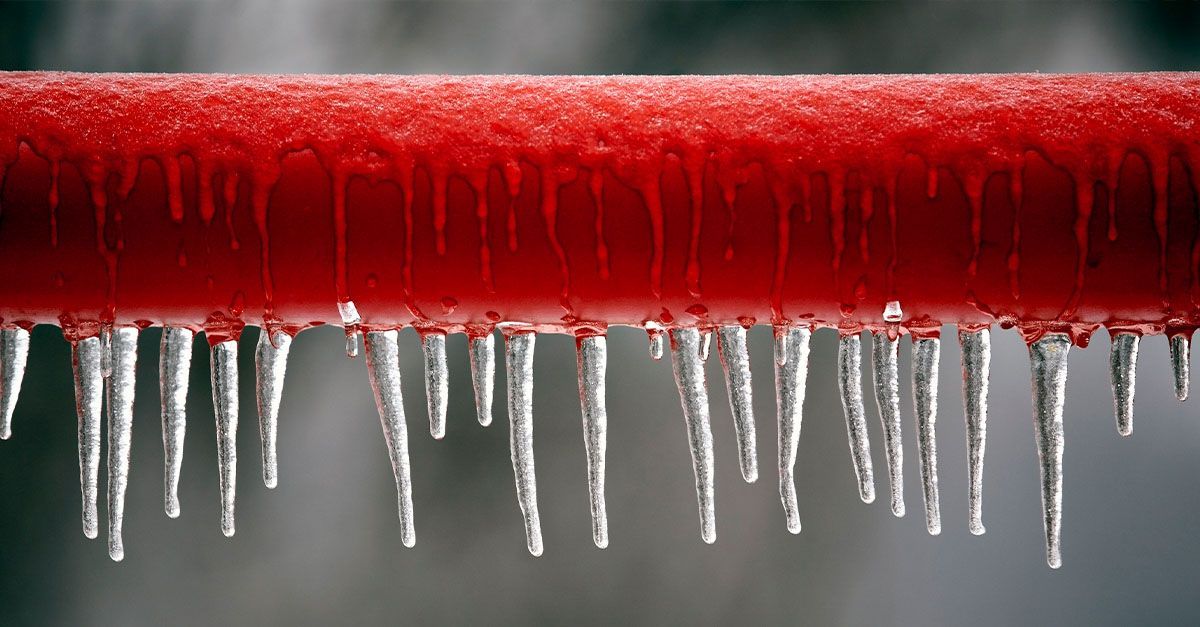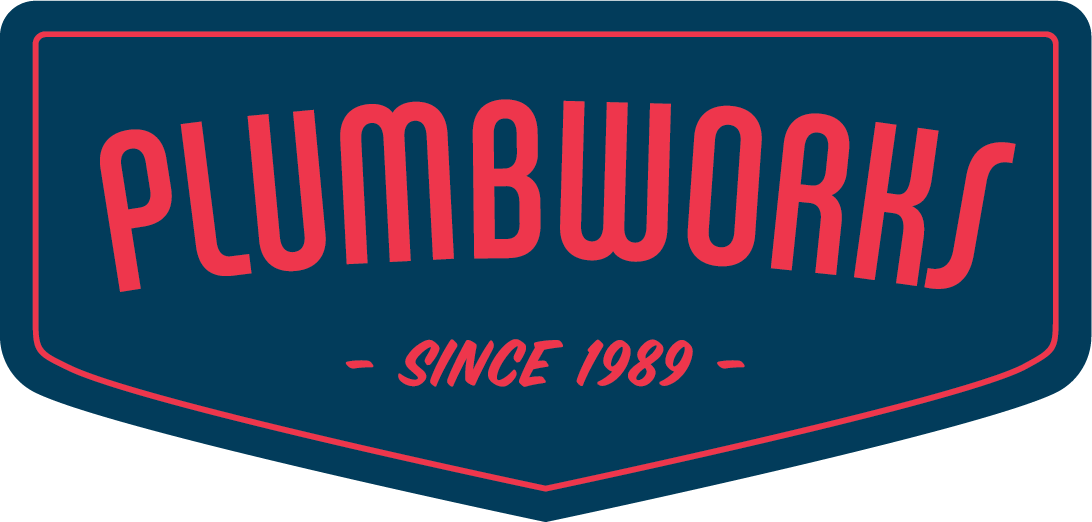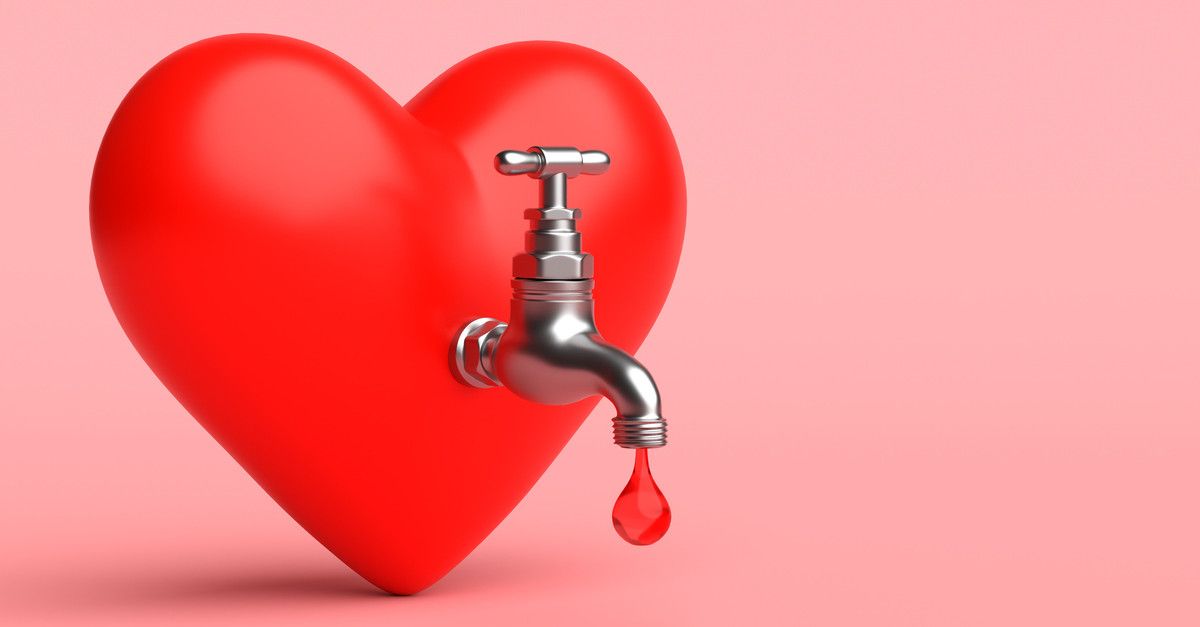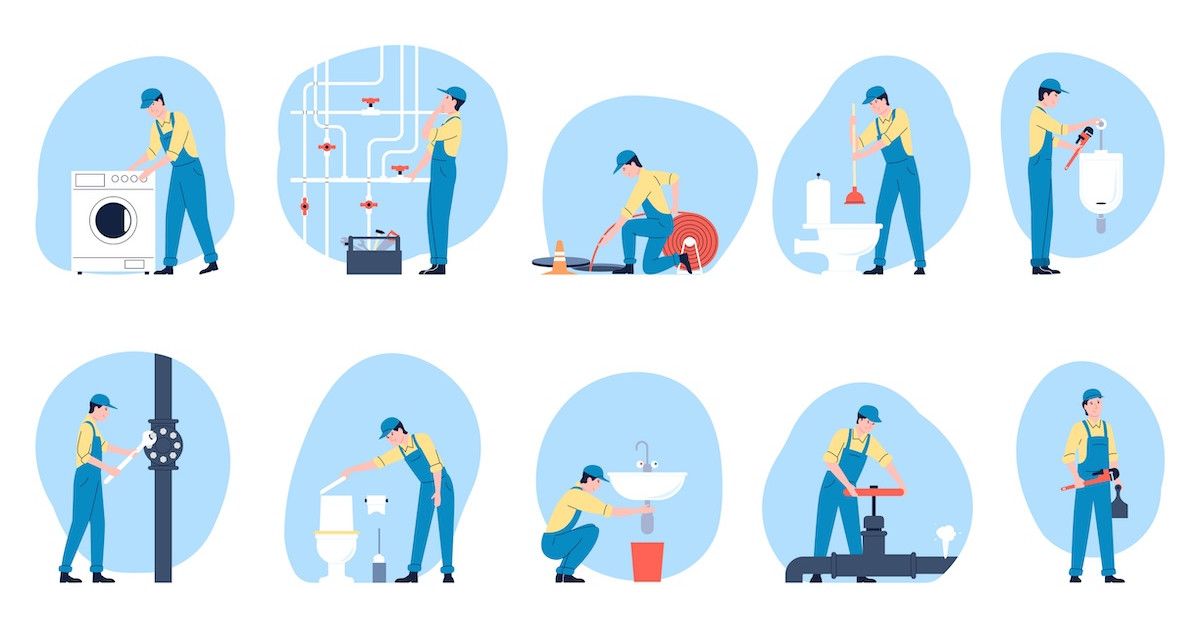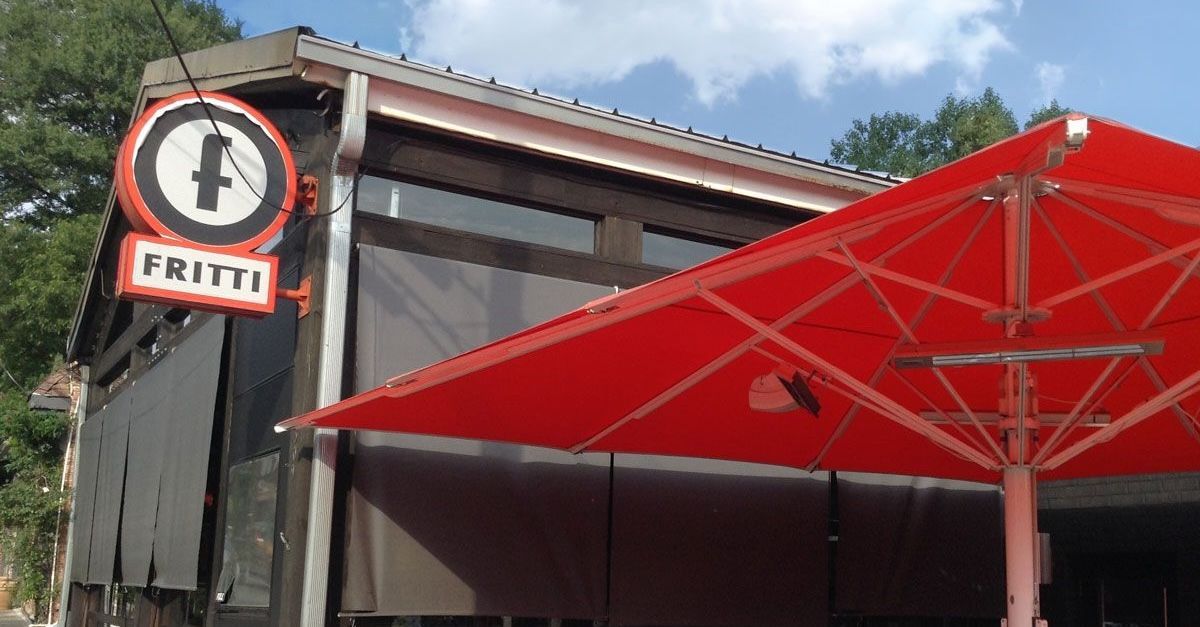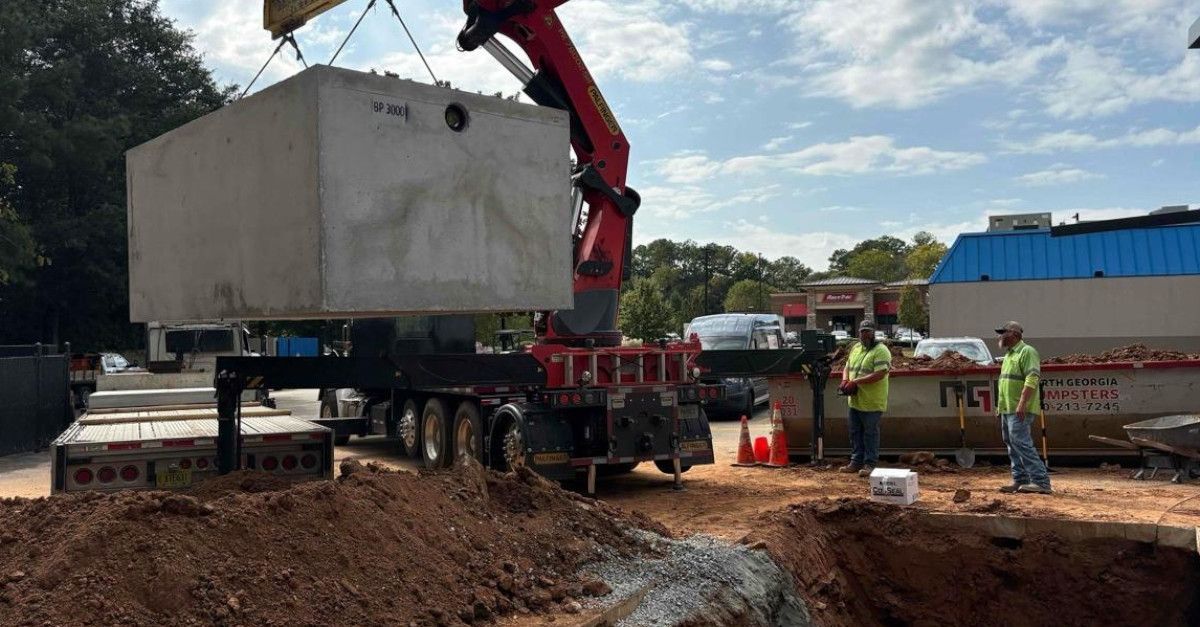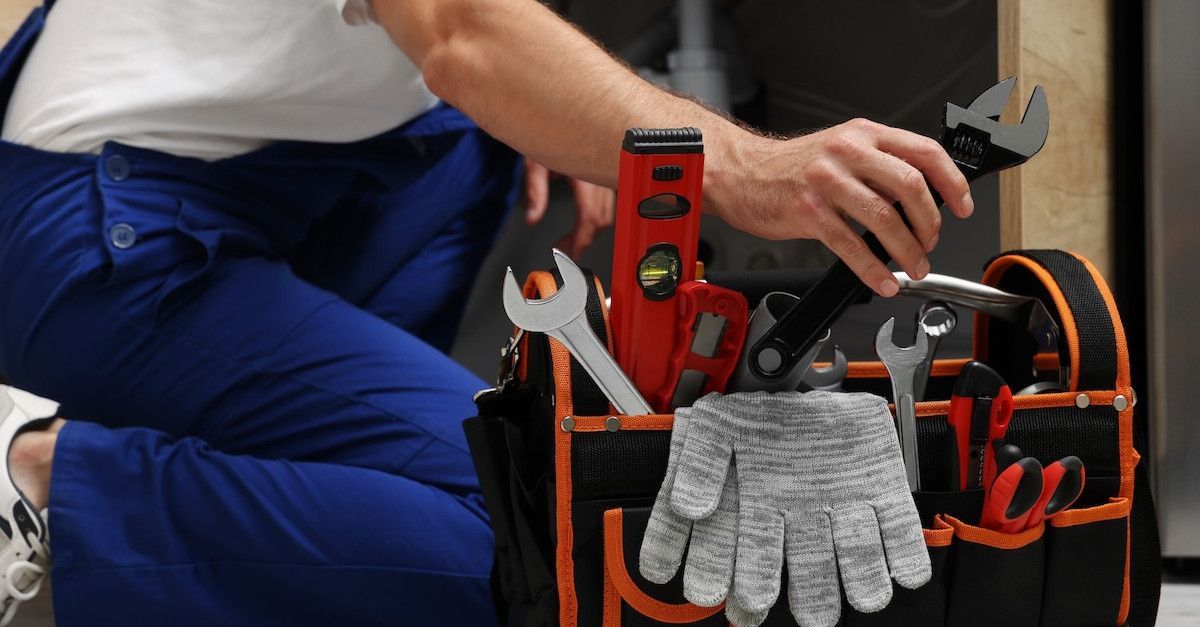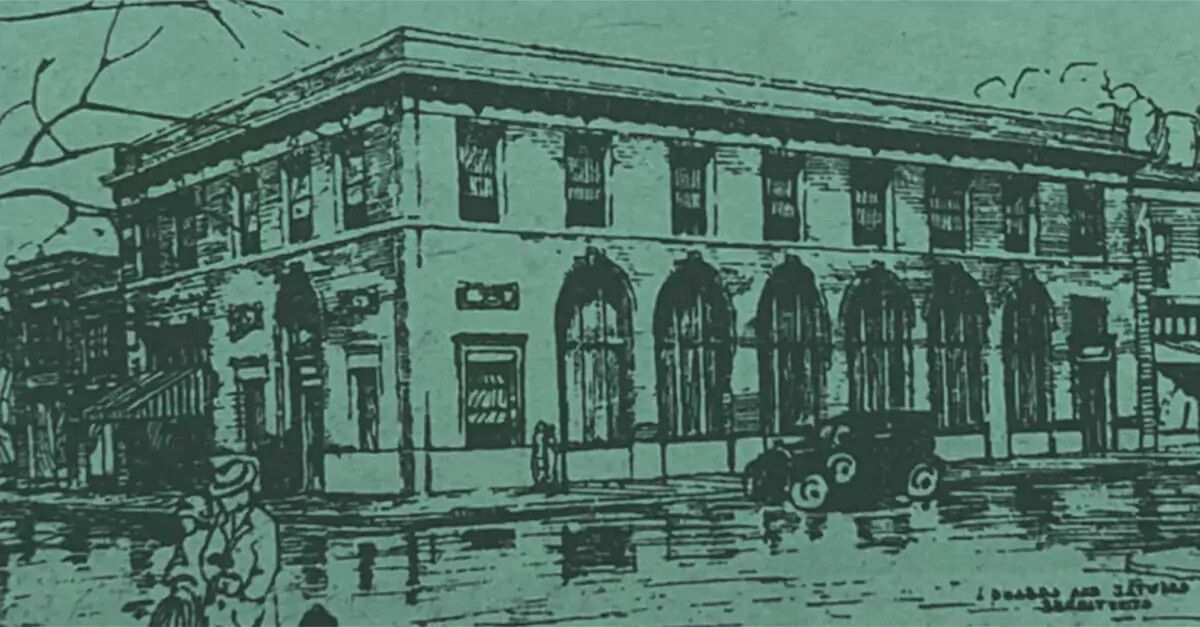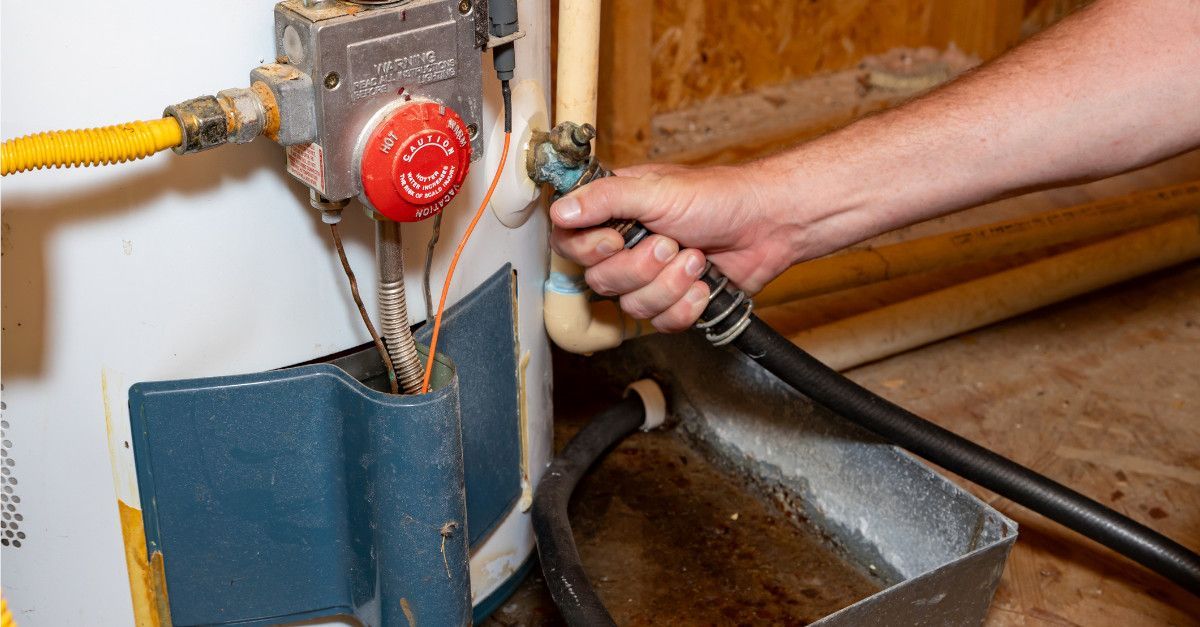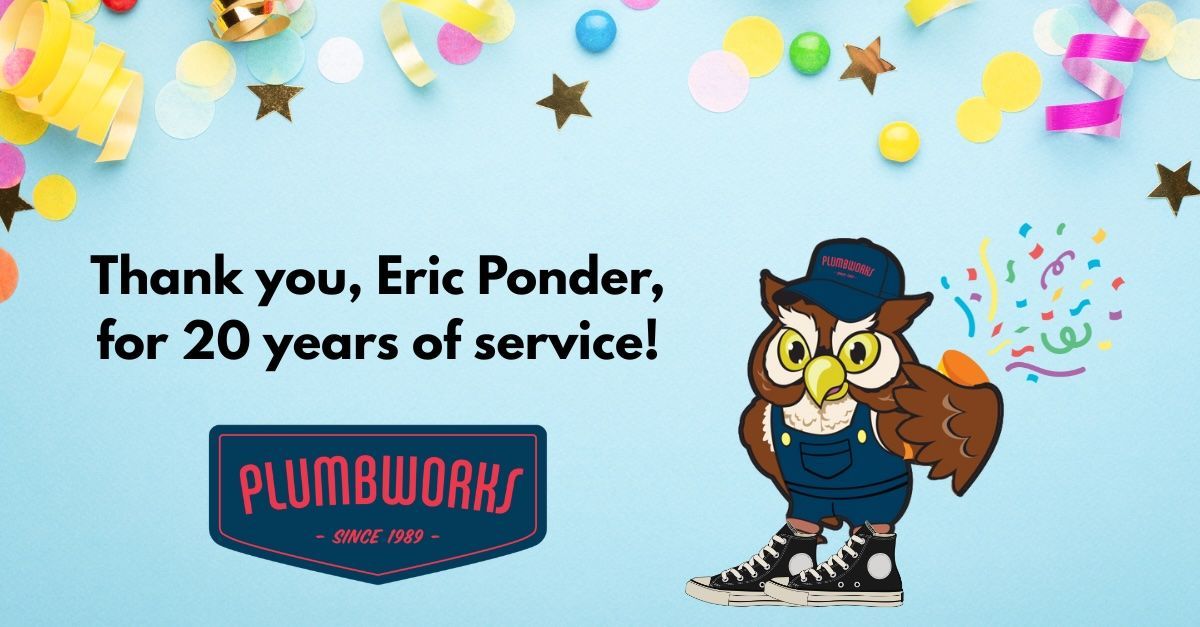Can Flushable Wipes Clog Pipes? Here’s What You Need to Know
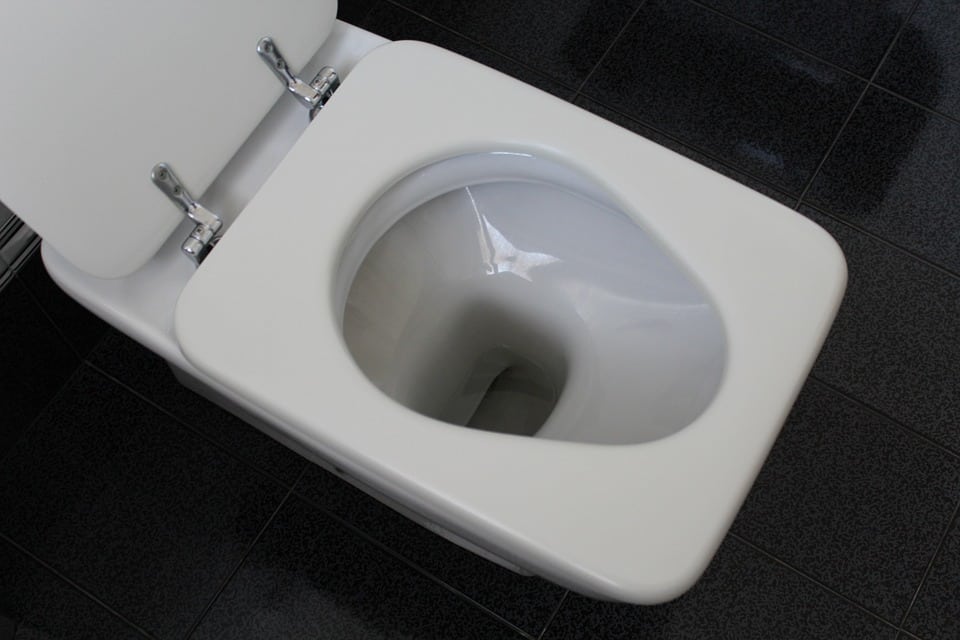
Personal wipes labeled “flushable” can be bought at most stores, sometimes on the very same shelf beside “non-flushable” wipes. These disposable, single-use sheets are marketed as an alternative option to toilet paper, giving customers another way to clean up after using the bathroom. Many people enjoy flushable wipes because they can appear to be a more clean, hygienic option when compared to the usual dry, thin paper that falls apart.
Flushable wipes are often made of fibrous materials like cellulose that have been treated with chemicals and reinforced with polyester or plastic fibers to make them more durable. They are then moistened with liquid solutions. Because of the stronger and wet material, wipes typically perform better for cleansing than toilet paper, and don’t break apart during use. For those reasons, along with the added scents and soothing agents like aloe, flushable wipes are seen as a better and more hygienic alternative to toilet paper when things get messy.
Toilet wipes are convenient and create less friction than classic toilet paper, but like most things with big claims, they aren’t actually as great as they seem. If you were wondering whether or not these flushable wipes can clog pipes, we are going to explain that in more detail.
So, are flushable wipes really flushable?
Flushable wipes meant for use in the bathroom are always advertised as being safe to flush down the toilet, giving the customer the impression that they are just as safe for a septic system as toilet paper. However, because of the difference in material and composition between wet wipes and toilet paper, you may be wondering whether that is actually true.
The reason why toilet paper can easily break down in pipes and the septic system is because of the material it is composed of. First of all, toilet paper is actual paper. It’s made mostly from trees and because of this, it is biodegradable. In your septic system, bacteria will completely break down what remains of the toilet paper. In fact, as soon as the toilet paper hits the water, it begins dissolving. This makes toilet paper just as suitable for disposal through the toilet as human waste.
Wipes on the other hand, are completely different from the toilet paper we commonly use. The strong fiber and plastic combination makes wipes difficult to tear, and means these wipes do not dissolve in water. Because of this, they do not break down in pipes and instead build up, eventually blocking pipes in the process and leaving homeowners no choice but to call in a
clogged toilet repair service.
The answer to the question that many people are asking is no, most flushable wipes are not as flushable as they are advertised to be. In fact, there is no requirement for manufacturers to “test” the flushability of a wipe before selling it, and there is also little difference between the chemical composition of a “flushable” wipe and a “non-flushable” wipe.
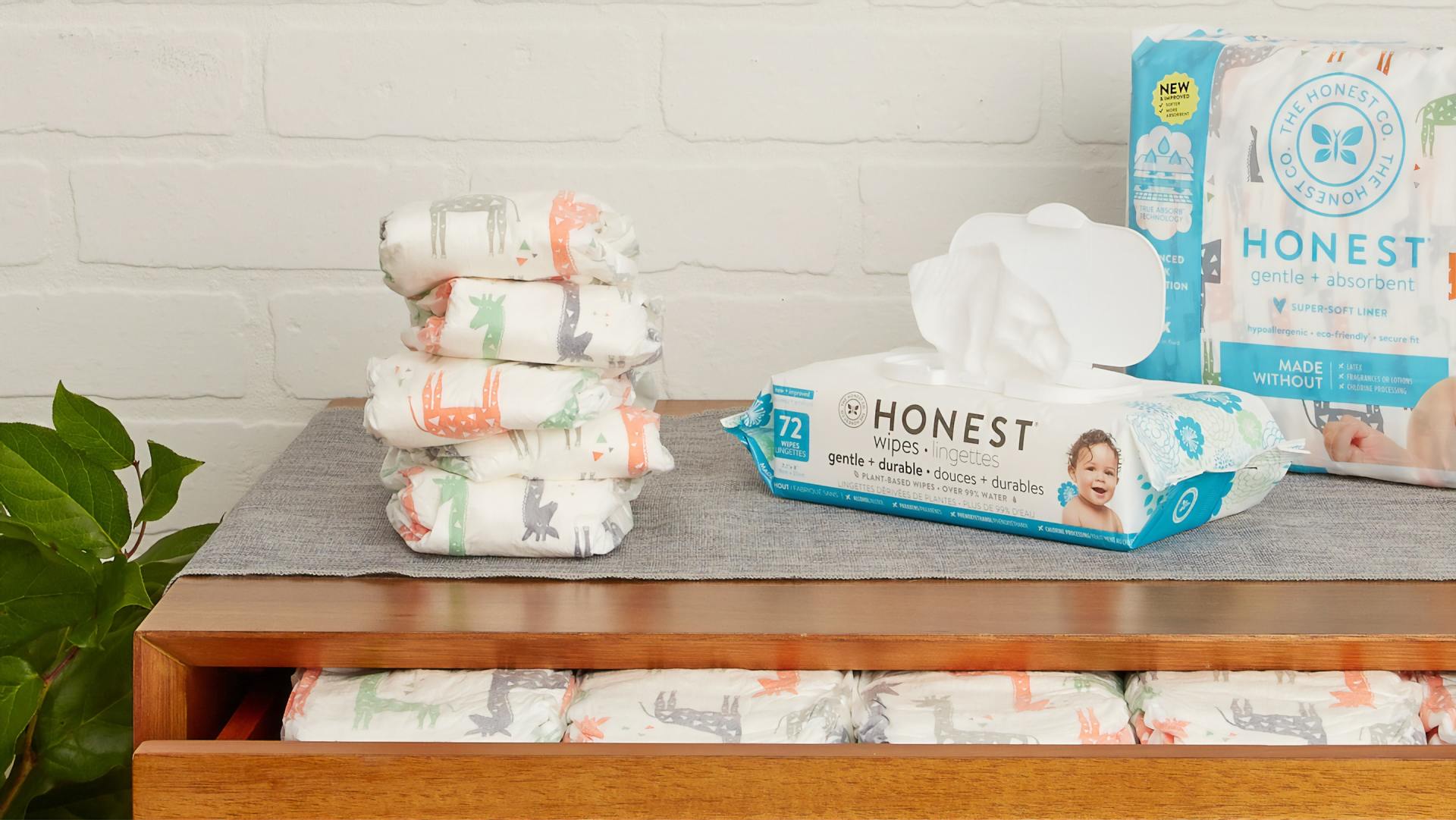
What about biodegradable wipes?
There are many brands of flushable wipes that claim to be biodegradable, and you may be wondering if these are safer options. If you want to try a biodegradable wipe, try dropping the wipe in water and seeing how it reacts. If it is similar to toilet paper and immediately begins dissolving or flaking, you may have a wipe that can actually be flushed. Still, be cautious about them. Though a company may claim a wipe is biodegradable, it still may not have enough time to break down in pipes without building up.Oftentimes these wipes are labeled biodegradable because they will break down in a landfill, not because they are able to be flushed into a sewer system or septic tank.
In general,
plumbers and water treatment facilities recommend that only human waste and toilet paper is flushed down toilets. Anything else, even biodegradable wipes, go against that advice and can always pose a risk to your plumbing. After all, not everything advertised is completely true. Just like with flushable wipes, you can’t trust for certain that any biodegradable toilet wipes are actually safe to flush.
What To Do with Your Flushable Wipes
So, now you know that flushable wipes aren't good for your pipes. However, if you would still like to continue using wipes, there are some other disposal options available that won’t clog your toilet. Here are some safe options for getting rid of used wipes:
Throw Them Away in The Trash
The trash can is always a simple solution for all the nasty stuff you want to get rid of. Just like diapers and baby wipes, make it a priority to bag up used wipes for disposal. To make it easy, keep a little bathroom trash can within reach of the toilet, and toss the wipe into the trash rather than dropping it in the toilet once you are done with business. The wipes will safely exit the house without complications along with the rest of the trash.
Use a Sealed Container
If you’re worried about used wipes stinking up the bathroom, you can always use a separate bucket to store wipes alone. Keep a container close to the toilet so you can contain wipes separately. Seal the container with a lid to lock in any odors until trash day.
Compost Biodegradable Wipes
For biodegradable wipes only, finding new use for the wipes through compost is an option. If they are actually as biodegradable as claimed, they should easily break down. If they don’t, it still means no harm to your toilet.
How to Tell if You Have Clogged Pipes from Flushing Wipes
Really, there is no way to tell that your toilet is clogged specifically with wipes unless you see them come out after using the plunger or drain snake. However, if you have been using wipes frequently, then there is a high possibility that it may be a contributing factor to the clog. If your toilet is gurgling and no sort of chemical solutions or DIY concoctions are loosening the clog, then the clog was likely caused by an obstructive object like wipes. This is because wipes are so tough that they cannot be dissolved by any sort of chemicals.
What are Some Alternative Cleansing Options?
Once you experience the advantages of wipes over toilet paper, it may be hard to give them up again. But there are other options out there that you may end up liking, too. These options pose no threats to your pipes and still do a good job at cleaning up. Here are some other wiping options worth trying out:
Use a Bidet
Bidets require a lot less wiping because they spray you clean with water. Traditional bidets are made of porcelain and similar to the shape of a toilet bowl. Even if you don’t have one like that, there are other ways to harness the spray cleaning methods of bidets. For example, some more advanced toilets have bidets built into them. You can activate the bidet without ever getting off the toilet through the controls. The other option is using a small toilet add-on product which is meant to replace a built-in bidet.
Reusable Wipes
Reusable wipes are similar to wash cloths, but they are often made from softer material and can be purchased in fun designs. These cloths are not meant to be flushed down the toilet. They are used once and then washed before being used again. The reusable cloth wipes get the job done, save you money in the long run, and are more decorative than regular toilet paper.
Toilet Paper Spray
This last idea is pretty unique and creates a wipe that is most similar to regular flushable wipes. The product called toilet paper spray is used with regular toilet paper. You simply spray a few times onto a piece of folded toilet paper and it is instantly transformed into a wet wipe. The difference is that this one is perfectly safe to flush down the toilet.
Do you have clogged pipes? Contact the experts at Plumb Works today
Unfortunately, a lot of DIY solutions for clogged pipes won’t work when toilet wipes are the clogging agent. There are no cleaning options out there which can break them down. That leaves the plunger and drain snakes as the only possible at-home cures. If those don’t work or water is backing up into other plumbing fixtures, then you have no choice but to seek the help of a
clogged drain repair company in order to get the toilet back in working order.
Plumb Works has experienced plumbers that know just what to do when flushable wipes have stopped up your toilet. Just call us at 404-524-1825 to schedule a quality plumbing service.
